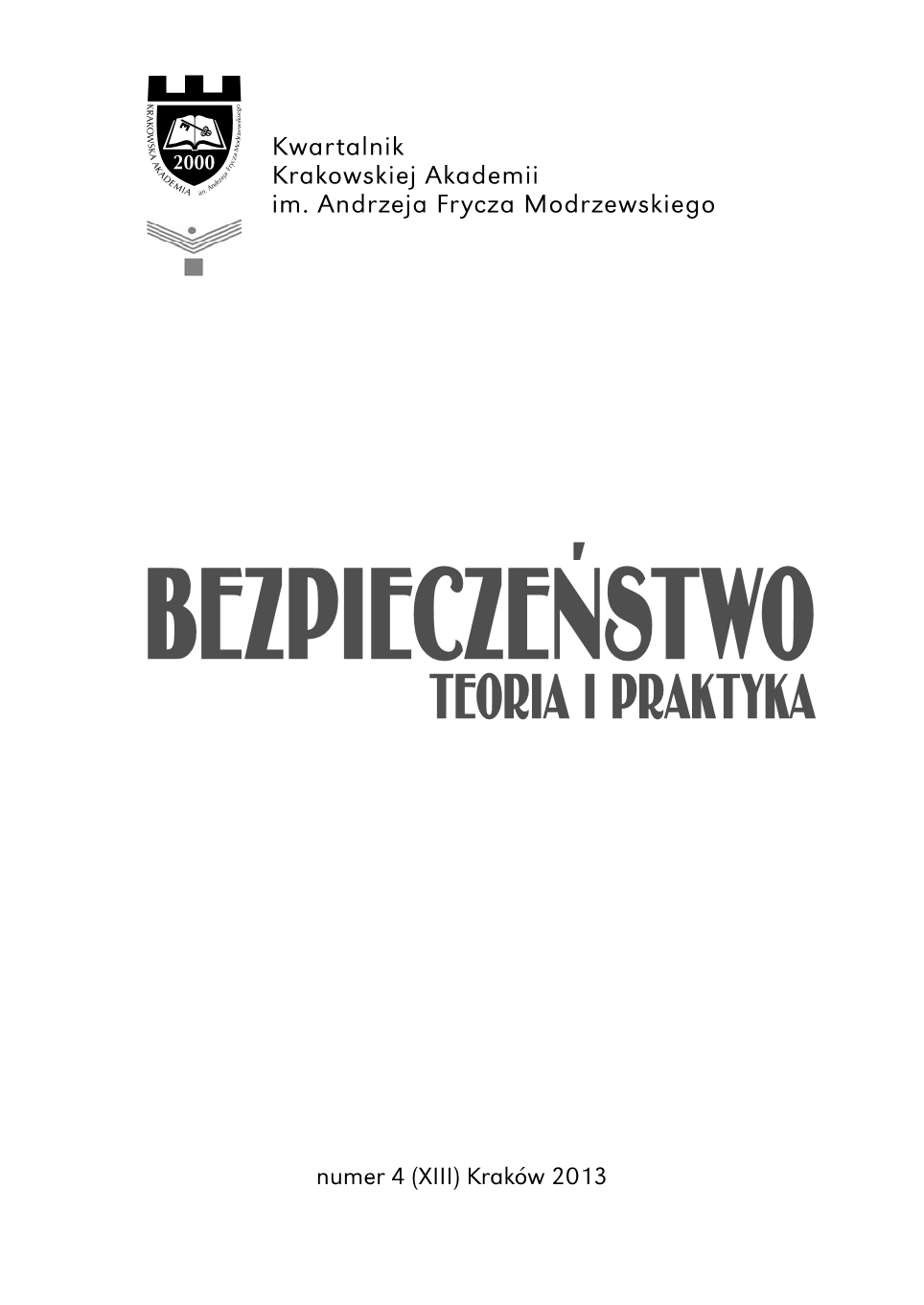Drużyny skautowe w Galicji i na Śląsku Cieszyńskim w obliczu wybuchu I wojny światowej
Scouting in Galicia and Cieszyn Silesia in the face of World War I
Author(s): Janusz WojtyczaSubject(s): Military history, Social history, Pre-WW I & WW I (1900 -1919)
Published by: Oficyna Wydawnicza AFM Uniwersytetu Andrzeja Frycza Modrzewskiego w Krakowie
Summary/Abstract: The article presents scouting in Galicia on the verge of and after the outbreak of World War I including the feeling among the organizations from which scouting teams originated and that among its authorities, teams and team members; it also encompasses spontaneous accession of scouts to Polish Legions, activities of Boy and Girl Scout teams on the territories occupied and unoccupied by Russians as well in exile, and, finally, gradual rebirth of scout teams after the Russian troops had been driven out. Scouting was of unambiguously patriotic character, which found its expression in the fact that scouts joined Polish Legions spontaneously and on a massive scale. Many scout teams went to war either with the equipment gathered in previous years or passed it to the ones going to war. Boy Scouts survived mobilization only in the strongest circles. The boy scouts who had not joined the army and girl scouts were auxiliary staff. Until the Russian invasion, there existed the sp-called war teams/units; in Krakow, enrollment for one team was ordained; Zakopane circles continued their activity as well. Boy Scouts and Girl Scouts operated also in exile (evacuation). On the territories occupied by Russians some secret Boy and Girl Scout units operated. This was ended by Austrian offensive which drove Russians troops out. Civilian population soon returned to the area; opening schools enabled scouting organizations to be rebuilt. Scouting teams reactivated immediately after Russians had retreated.
Journal: Bezpieczeństwo. Teoria i Praktyka
- Issue Year: XIII/2013
- Issue No: 4
- Page Range: 79-95
- Page Count: 17
- Language: Polish

